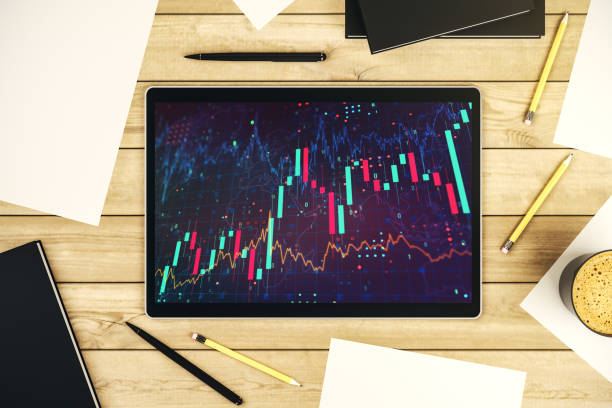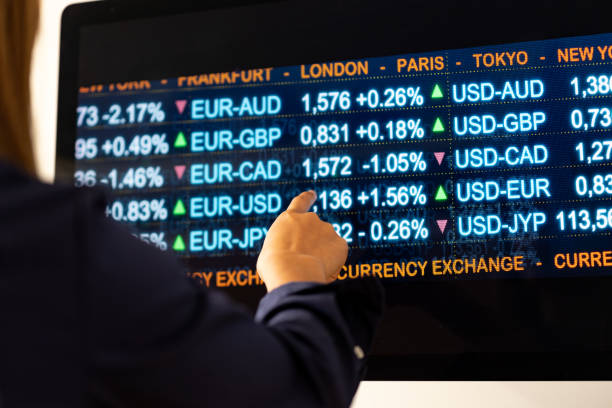Futures trading is a form of financial speculation that involves buying and selling contracts that represent the future delivery of an asset, such as a commodity, a currency, an index, or a stock. Futures traders aim to profit from the price movements of the underlying asset, without actually owning or delivering it.
However, futures trading also involves significant risks, as the price of the underlying asset can fluctuate unpredictably and rapidly. Therefore, the amount of money that can be made in futures trading depends on various factors, such as:
Market conditions: The profitability of futures trading varies based on the market conditions, such as the trend, momentum, volatility, and volume of the underlying asset and the futures contract. During volatile times, when price moves are bigger, there is greater potential for profiting. During stable times, when price moves are smaller, there is less potential for profiting.
Trading strategy: The profitability of futures trading also depends on the trading strategy, such as the entry and exit signals, the order types, the risk-reward ratio, and the win rate. A good trading strategy should be based on a sound analysis of the market, using various tools and indicators, such as charts, patterns, trends, signals, and news. A good trading strategy should also be backtested, evaluated, and improved quantitatively and systematically.
Trading costs: The profitability of futures trading is also affected by the trading costs, such as the commissions, fees, spreads, and slippage. Commissions and fees are the charges that the broker or the exchange imposes on the trader for executing a trade. Spreads are the difference between the bid and ask prices of the futures contract. Slippage is the difference between the expected price and the actual price of execution. Trading costs can reduce the profitability of the trade and increase the risk.
Trading psychology: The profitability of futures trading is also influenced by the trading psychology, such as the emotions, discipline, and confidence of the trader. Emotions, such as fear, greed, and overconfidence, can interfere with the rational decision-making process of the trader and lead to mistakes and losses. Discipline, such as following the trading plan, managing the risk, and learning from the feedback, can help the trader to achieve consistent results and improve their performance. Confidence, such as having a positive attitude, trusting the trading system, and coping with the stress, can help the trader to overcome the challenges and uncertainties of the market.
These are some of the factors that can affect how much money can be made in futures trading, but they are not the only ones. Futures trading is a complex and dynamic activity that requires skill, knowledge, and discipline. Futures traders should always do their own research and analysis, and follow the rules and practices of futures trading, such as regulation, membership, contracts, trading, and risk management. By doing so, they can enhance their trading efficiency and profitability.







